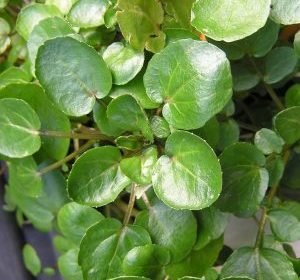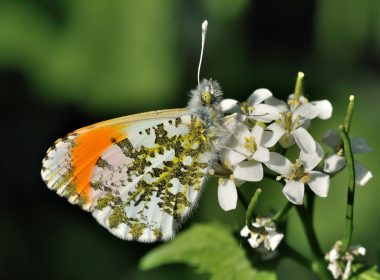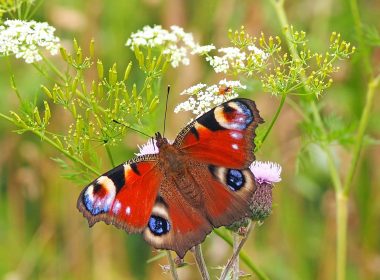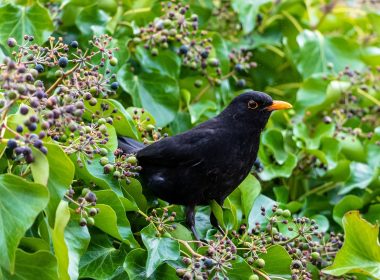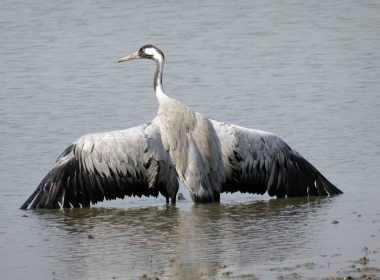For me, the champagne cork is: Good memories from my high school history classes, when my teacher would get us interested with his enthusiasm about Troyes’ past and its 12th century fortifications in the shape of a champagne cork surrounding the city at that time. I was 12 years old then, I had been impressed and I definitely fell in love for this pivotal city during the famous Champagne Fairs.
My favorite recipe: Eggs and white wine from the Riceys with wild garlic.
My little slice of heaven:
1- The Swiss Valley
For its vegetation, its trees and shrubs, and its didactic signs. Also because the birds there are easier to watch than in the countryside, especially in spring, when comes the time for breeding and they sing louder than ever, making them easier to identify.
It is a natural atmosphere right in the city center, which I find very precious for the personal balance of each of us and for our connection with the natural elements.
2- The Mill Park
I love its arboretum aspect, its ancient trees, the redwood and giant cedar, the country elm, its beautiful diversity of wild species, like the crane beak geranium, the Robert’s grass, the buttercup, the common purple loosestrife, the Persian speedwell, the meadow cardamom, the stinging nettle where certain species of butterflies lay their eggs, all the plants that bloom almost before our very eyes, the kind of organized wasteland and the reasoned mowing, the dirt paths under the hedges, peaceful, covered with chopped wood, the silence, the sound of the water, the squirrels, the ducks on the water with their babies, the sunbathing frogs, the moles lifting the earth in their galleries, listening the song of the birds: coal tit, blackbird, robin, robin of the trees, cute wren, black-headed warbler, the black-fronted red-tail,… and discovering butterflies: peacock of the day, dawn, vulcanus, argus, cabbage patch, geographic map… In this place, I even keep the memory of when I saved a lost mallard duckling and a coal tit huddled on the road.
Never leave Troyes before: Having made explorations, taken pictures, experienced something strong with nature, sometimes in the surprising places of everyday life, like a wild plant growing on the pavement and offering its fragrant flowers and its name.
Having searched for sculptures placed all over the city, having found them and felt curious, taken pictures in all angles, look for information, for the name of the artist and of the artwork, written these on paper, framing the pictures, exhibiting them… Among all the sculptures, a few examples are the « sculpture of the two children », in Foch square, near a bar’s outdoor tables ;
the « idyll or fishing », sculpture by Joseph Marius Ramus made in 1872, bronze realized by Mr. Celerier de Vulaines, with its original version kept at the Saint Loup Museum ;
as well as
the « yellow butterfly on the shoulder of Mr Robert Galley », former mayor of Troyes. This man had a passion for entomology. The statue is located near the UDAF, in Charles Gros street.
Photo © Yves Meurville
